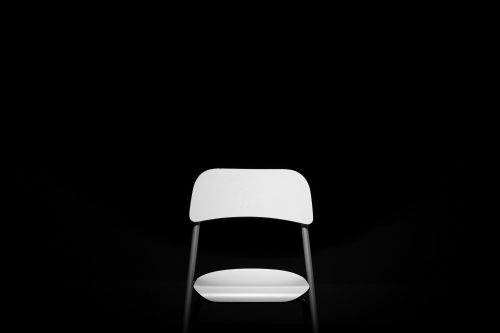There’s a direct correlation between a man’s weakness and his ability to say “I’m sorry”—at least that’s what I used to believe.
In my imagined world of yesteryear, I thought that if wanted to be indomitable—if I wanted to be a real man (whatever that means)—then I should refuse to apologize at all costs because an apology is a sign of fragility.
So I puffed out my chest and held my head high, even when I was dead wrong (especially when I was dead wrong). I refused to acknowledge my faults because I confused flawlessness with fortitude. And since I believed perfection was power, I was afraid to be vulnerable.
How silly.
Think about it.
In the real world…
Apologizing is the epitome of strength: it requires integrity, character, backbone.
An apology isn’t a justification for our negligent actions; it lets others know we hear them, we understand them, and we respect their feelings. An apology is considerate: it shows people we recognize the problem, and it is the most rational step toward a solution because a solution is impossible to find if we pretend the problem doesn’t exist.
Refusing to apologize, on the other hand, ignores the problem, providing it space to fester, to grow, and, eventually, to explode.
So, we can act like a child, we can be weak, we can cower at the thought of apology—or we can act from a position of power and simply say, “I’m sorry.” Your apology won’t fix the past, but it’s the first step toward fixing the future.

